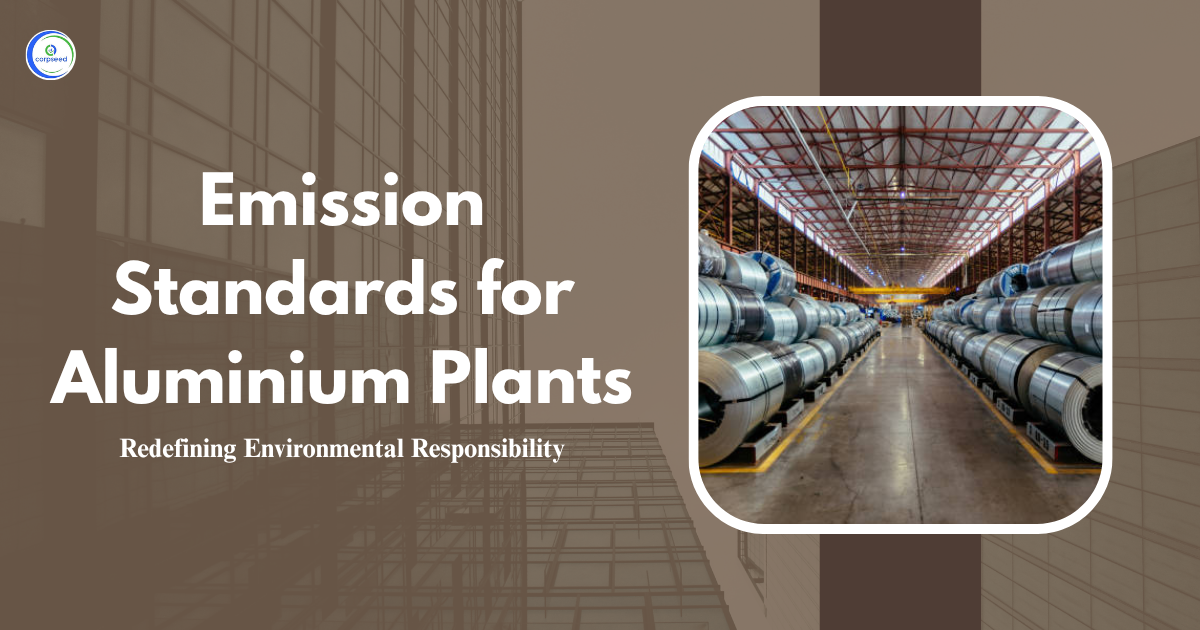The standards for emission or discharge of environmental pollutants for the soft cook industry are necessary to control the discharge of harmful elements into the environment. These guidelines issued by the Central Pollution Control Board (CPCB) and imposed by the respective State Pollution Control Boards (SPCBs) ensure that soft cook products do not pose a serious threat to air and water quality. Enforcing these standards is not only a regulatory necessity but also a step toward sustainable industrial practices. With growing environmental concerns, adequate control of emissions in the soft cook sector are important to reduce the damage to the environment and public health.
Table of Contents
- What is the Soft Coke Industry and Its Environmental Pollutants?
- Environmental Impact of Soft Coke Industry Emissions
- Key Pollutants Released by the Soft Coke Industry
- Significance of Emission and Discharge Standards
- Effluent and Emission Standards for Soft Coke Industry
- Monitoring and Reporting Compliance
- Conclusion
What is the Soft Coke Industry and Its Environmental Pollutants?
The soft coke industry mainly involves the production of soft coke, a type of solid carbonaceous fuel obtained from low-grade coal. Unlike hard coke used in metallurgical processes, soft coke is mainly used in domestic and small-scale industrial applications. Its production consists the carbonization of coal in a low-temperature oven, which often lacks proper pollution control systems.
During this process, numerous pollutants are released, including particulate matter, volatile organic compounds (VOCs), carbon monoxide, sulfur compounds, and wastewater with high chemical content. If left unchecked, these pollutants can affect both human health and ecosystems and can play a significant role in air and water pollution.
--------------Blog Contact Form-------------
Environmental Impact of Soft Coke Industry Emissions
Unregulated emissions and discharges from the soft coke industry and can significantly affect air and water quality. These impacts on the environment and human health include.
- Air Quality Deterioration: Soft coke oven emits large amounts of particulate matter (SPM) and gases like carbon monoxide and sulfur dioxide, which lowers local air quality.
- Water Contamination: Wastewater discharged during washing and burning processes can contaminate surrounding water reservoirs with oil, phenols and heavy metals.
- Soil Degradation: Slag and solid waste from the coke ovens, if not properly managed, sinks into the ground, reducing fertility and affecting plant life.
- Public Health Hazards: Inhaling coke oven emissions can cause respiratory problems, skin irritation and even long-term illnesses like cancer.
- Damage to Local Biodiversity: Toxic emissions and discharges damage aquatic life and minimize the biodiversity of neighbouring ecosystems.
Key Pollutants Released by the Soft Coke Industry
The soft coke manufacturing process releases a variety of hazardous substances. Key pollutants are:
- Suspended Particulate Matter (SPM): Emitted during coal handling and coke discharge.
- Carbon Monoxide (CO): Produced during incomplete combustion of coal.
- Sulfur Dioxide (SO2): Released from coal with high sulfur content.
- Volatile Organic Compounds (VOCs): Generated during carbonization and cooling.
- Ammonia and Phenols: Found in the wastewater from coke quenching and gas washing.
- Heavy Metals (like Lead and Arsenic): Present in solid waste and effluents.
Significance of Emission and Discharge Standards
To ensure that the soft coke industry function responsibly, it is crucial to determine the standards of emissions and discharge standards. These standards are intended to avoid irreparable damage to the environment and public health.
- Environmental Protection: Emission standards help minimize air pollution and water pollution, contributing to cleaner and healthier ecosystems.
- Legal Compliance: Following the principles of the CPCB and SPCB helps industries prevent fines, shutdowns, and legal complications.
- Improved Public Health: With less exposure to toxic gases and pollutants, communities living near soft coke units tend to face fewer health problems.
- Operational Efficiency: Industries that follow standards often implement advanced technology, resulting in better energy use and lower emissions.
- Sustainable Industrial Growth: Standards foster the adoption of cleaner production methods, which help industries in sustainable development.
Effluent and Emission Standards for Soft Coke Industry
The effluent and emission standards for soft coke units are clearly defined by CPCB under the Environment (Protection) Rules, 1986. These include:
- Particulate Matter Limit: Maximum of 150 mg/Nm³ for units with air pollution control systems.
- SO2 and CO Limits: To be maintained below 100 ppm.
- Effluent Standards: pH between6.5 to 8.5, COD less than 250 mg/l, and phenols less than 1.0 mg/l.
- Noise Levels: Should not exceed 75 dB(A) during day time and 70 dB(A) at night.
- Solid Waste Management: Ash and slag to be disposed of in a lined landfill or used for construction after treatment.
Also Read: Standards for Emission or Discharge of Environmental Pollutants for Beehive Hard Coke Oven
Monitoring and Reporting Compliance
Regular monitoring and reporting is necessary to ensure that soft cook units remain within permissible limits of contamination. CPCB and SPCBs need to install Continuous Emission Monitoring System (CEMS) to capture real-time data from these industries. Units are also required to maintain logbooks and submit quarterly compliance reports.
Conduct surprise inspections and environmental audits to confirm compliance. In case of violations, SPCBs issue notices, enforce fines, or closure non-compliant operations. This stringent observance encourages units to maintain proper functioning of pollution control devices like scrubbers, cyclones, and effluent treatment plants (ETPs).
Conclusion
For the Soft Coke industry, establishing and enforcing emission or discharge standards is a necessity, not a choice. These regulations developed by the CPCB and executed by the SPCB play an important role in reducing the environmental footprint of the soft coke manufacturing process. They prevent hazardous air and water pollution, safeguard public health, and help industries shift to greener practices. As environmental awareness and regulatory pressure increases, compliance with emissions and effluent standards is the way forward for a safe and sustainable future in the industrial sector.
This portion of the site is for informational purposes only. The content is not legal advice. The statements and opinions are the expression of author, not corpseed, and have not been evaluated by corpseed for accuracy, completeness, or changes in the law.
BOOK A FREE CONSULTATION
Get help from an experienced legal adviser. Schedule your consultation at a time that works for you and it's absolutely FREE.
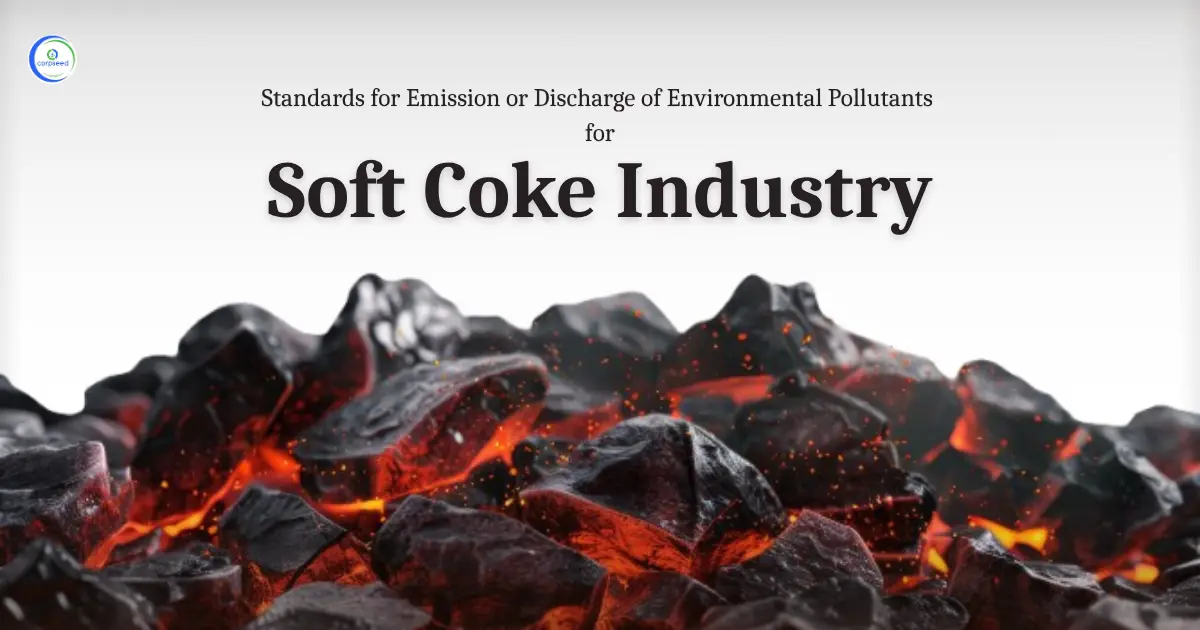


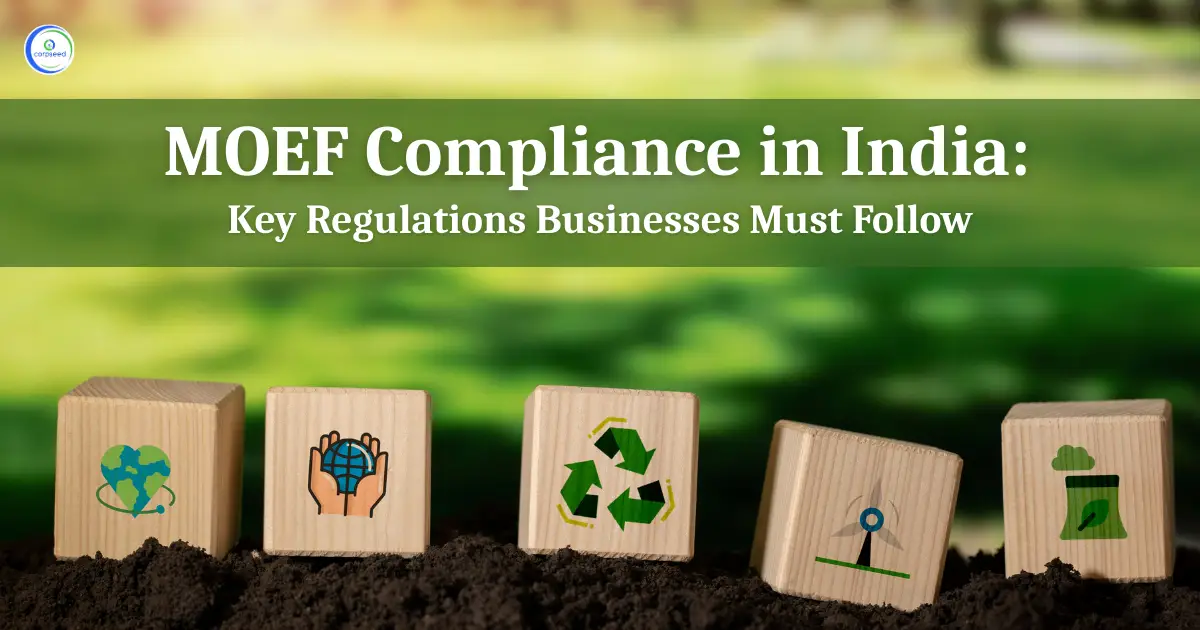
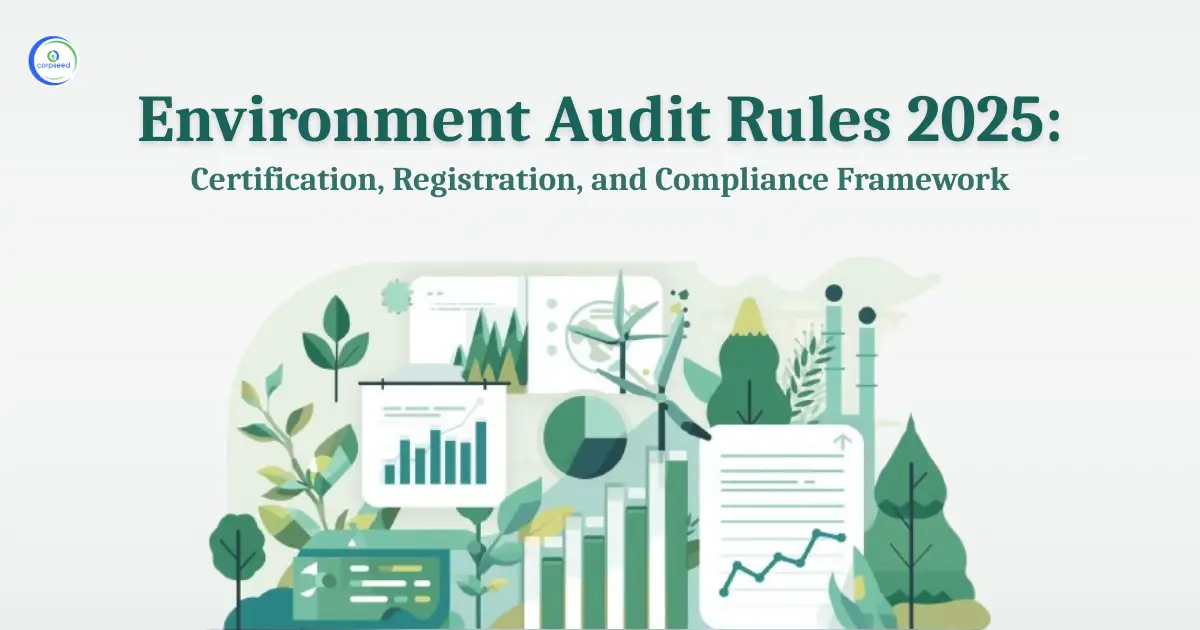
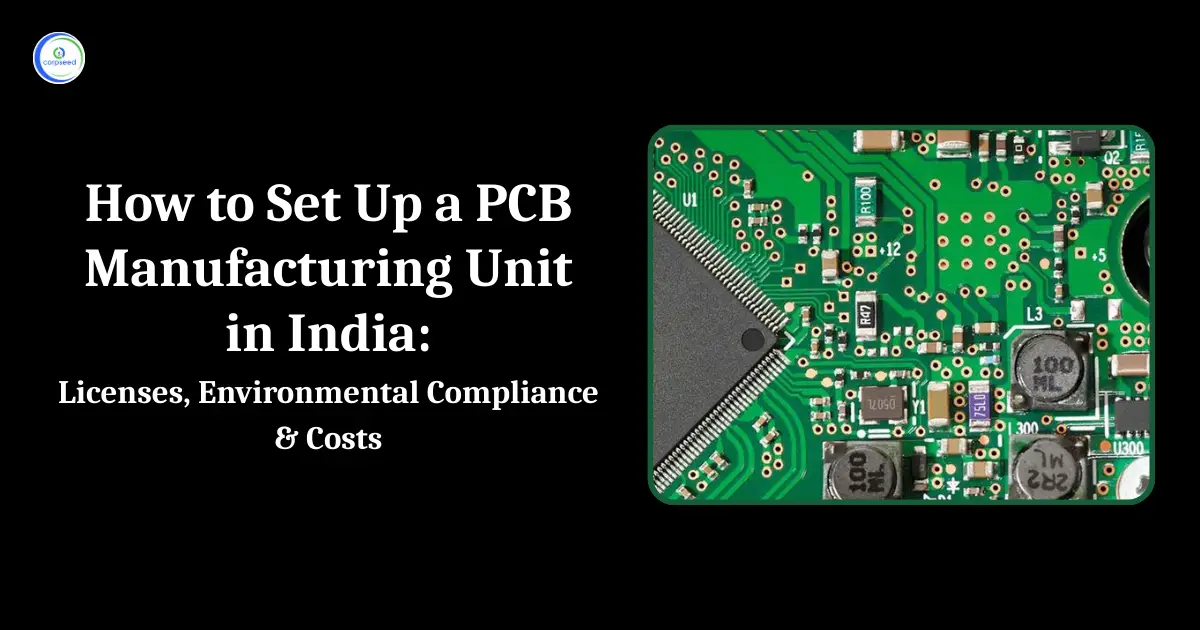
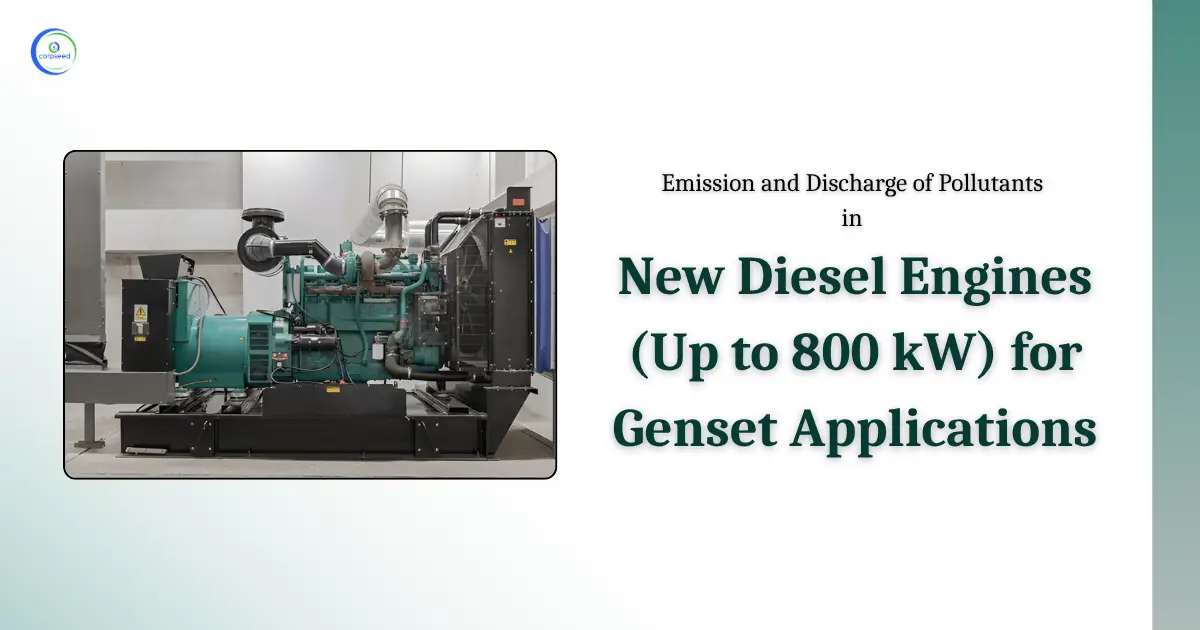
_Corpseed.webp)
.webp)
